

single default
Encampment policy effects manifest
For the past eight months since the forced relocation to Dzaleka Camp in May 2023, most refugees and asylum seekers have been returning to the towns and cities, underscoring the challenges of confinement.
Over this period, people like Bahati Pascal, a Congolese refugee with an integrated family now living in the camp, have endured a painful separation from their loved ones since their abrupt relocation.
Taking to social media, Pascal recently lamented the suffering experienced by refugees in Dzaleka. He vividly describes the heartbreaking reality of families struggling to provide food for their children and grappling with hospital bills, as he questions the absence of effective interventions.
The father of three could also not help noticing the alarming increase in mortality rates at Dzaleka compared to the period before the relocation. The community frequently mourns the loss of loved ones due to preventable causes. The health facility at the camp, which serves a catchment area of 78,948 people, remains under considerable strain due to ongoing resource challenges.
His account provides insight into everyday life in the camp in the aftermath of the relocation. It also explains why many refugees and asylum seekers, forcibly returned to the camp during the government’s May 2023 exercise, are now going back to the towns and cities.
In January, the Lilongwe District Council issued a directive, urging all the refugees and asylum seekers who had gone back to the localities after the 2023 relocation, to still return or risk some repercussions.
Our concerns as Inua Advocacy persist, that the encampment policy not only exacerbates existing hardships among the refugees, but also hinders their path to self-sufficiency, and prolongs reliance on humanitarian assistance.
The refugees’ sustainability challenges also come at a time when the World Food Program (WFP) is grappling with funding constraints. They require US $45.7 million for their Malawi operations in the six months between January and June 2024, which includes their monthly food support to refugees.
Without these funds, WFP warns that they might restrict the number of people who receive the monthly US $5 food aid at the camp, or stop the programme entirely when their latest survey found that in November 2023, only 22 percent of the Dzaleka population had enough food, leaving 78 percent completely aid dependent.
However, we are deeply convinced that many refugees could fend for themselves if they were allowed to participate in the local economy. As such, the policy of indefinite encampment should not be strictly enforced, but the implementation of a new policy should be expedited as the majority of refugees who were forcibly returned to Dzaleka had their own means of livelihood in the towns and cities.
Partner with us in meeting refugees’ legal and other needs by contributing through inuaadvocacy.org/donate